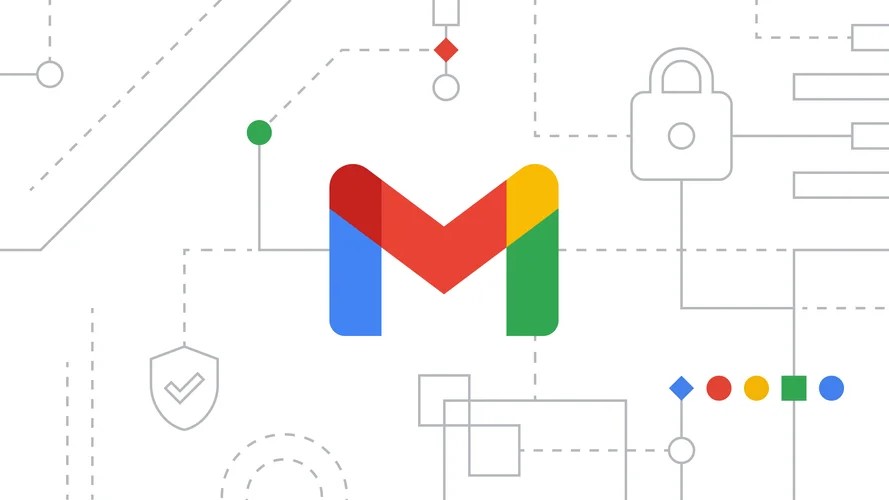
Gmail wasn't the first email service provider, but 20 years on from its launch, it's certainly one of the most popular ones out there today.
If you exclude the Apple email client, which dominates due to the prevalence of iOS, macOS and iPadOS devices, Gmail is number one across the world with a 31.2% share of users as of 2024, accoridng to Litmus. Its closest competitor, Microsoft's Outlook, only enjoys a little under 5% of all users, by comparison.
But how did such a service, which even many at Google seemed reluctant pursue, come to dominate the space?
Not so much a challenger, but a disruptor
The landscape was very different back in 2004 when Google first launched its Gmail client. Yahoo Mail and Microsoft's Hotmail were dominant back when the tech giant was buildings its email service, with 1.2 million and 30 million active users respectively, reported CNBC, so it seemed a long shot that another entrant could threaten their dominance.
The idea for Gmail came from Google's 23rd employee Paul Buchheit, who according to TIME, started creating an email program in the late 1990s. Originally code-named Caribou, the project began with Buchheit building a search engine for his own email server – and that's its defining that propelled it from the status of challenger to disruptor.
Other services didn't offer a search function at the time, and as a result the service offered far more inbox capacity than the 4MB that the likes of Hotmail offered. Specifically, each user was granted 1GB of space after considering different amounts.
“A lot of people thought it was a very bad idea, from both a product and a strategic standpoint,” Buchheit saidt. “The concern was this didn’t have anything to do with web search. Some were also concerned that this would cause other companies such as Microsoft to kill us.”
Since then, the service has become the most popular non-Apple service and has innovated with various new features over the years. Gmail has increasingly been integrated into other Google products and across the broader suite. Most recently, Google has leaned heavily into artificial intelligence (AI) features that, for instance, help you compose an email, or even let you reply to messages with pre-prepared answers. This has received a boost thanks to the forthcoming Gemini integration.
Much like its announcement seemed like a spoof at the time, an email began circulating this year suggesting that Google was sunsetting Gmail in August 2024. That, by all accounts, was a hoax – and Google confirmed Gmail is here to stay, and likely to persist for many years to come.
More from TechRadar Pro
- These are the best email clients you can access
- We've rounded up the best free email services
- Check out the best alternative email apps for iOS







